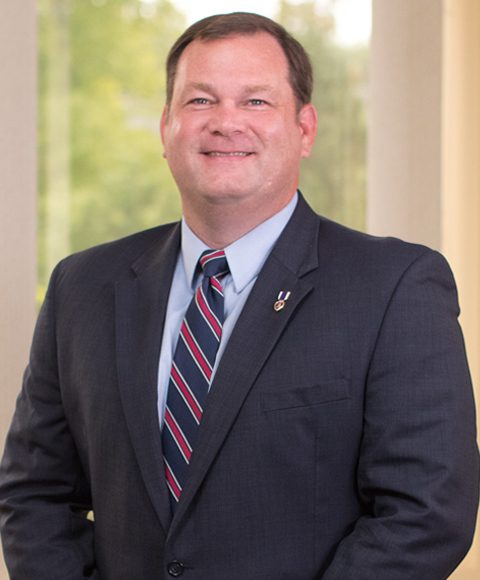Q. I told my wife about something wrong I did. Can the government make her testify against me?
A. Generally, in the military what a husband and wife confidentially tell each other is not the business of the government. Under the Military Rules of Evidence, a married service member and his or her husband or wife are afforded a “spousal incapacity privilege” under which they can refuse to disclose or prevent the disclosure of any information that was confidentially communicated between them while they were married. If the couple later divorces, confidential communications made during the marriage are still covered by this privilege.
However, the spousal incapacity privilege is not an absolute privilege. It can be taken away, as the Military Rules of Evidence note, when “one spouse is charged with a crime against the person or property of the other spouse or a child of either, or with a crime against the person or property of a third person committed in the course of committing a crime against the other spouse.”
So if a service member is accused of assaulting his wife or sexually abusing her child, the government can compel the spouse to testify against him. The child against whom the crime was committed needs to be a biological or adopted child or ward of either spouse for this privilege to be revoked. The spousal incapacity exemption also applies to “a child who is under the permanent or temporary physical custody of one of the spouses, regardless of the existence of a legal parent-child relationship,” according to the Military Rules of Evidence.
Cheating spouses should not expect this privilege to protect them. As the U.S. Navy-Marine Corps Court of Criminal Appeals noted in U.S. v. Jason Taylor, adultery, a violation of Article 134 of the Uniform Code of Military Justice, “strikes directly at the institution of marriage.” This offense, the court held, constitutes “a crime against the person of the other spouse” and, consequently, “the marital privilege does not apply to communications involving the adultery.”
Taylor, for example, involved a Marine Corps sergeant who confessed to his wife about having an affair with a 15-year-old girl. The sergeant was found guilty at court martial of carnal knowledge in violation of Article 120 and adultery. On appeal, he argued that the military judge erred in allowing his wife to testify against him, but the court upheld the findings of guilty, noting that the spousal incapacity privilege did not apply to this adultery case.
Service members facing any type of criminal charge and concerned that a spouse may be asked to testify against them should immediately contact a military law attorney. Depending on the circumstances, a lawyer could attempt to suppress such testimony based on the spousal incapacity privilege.








